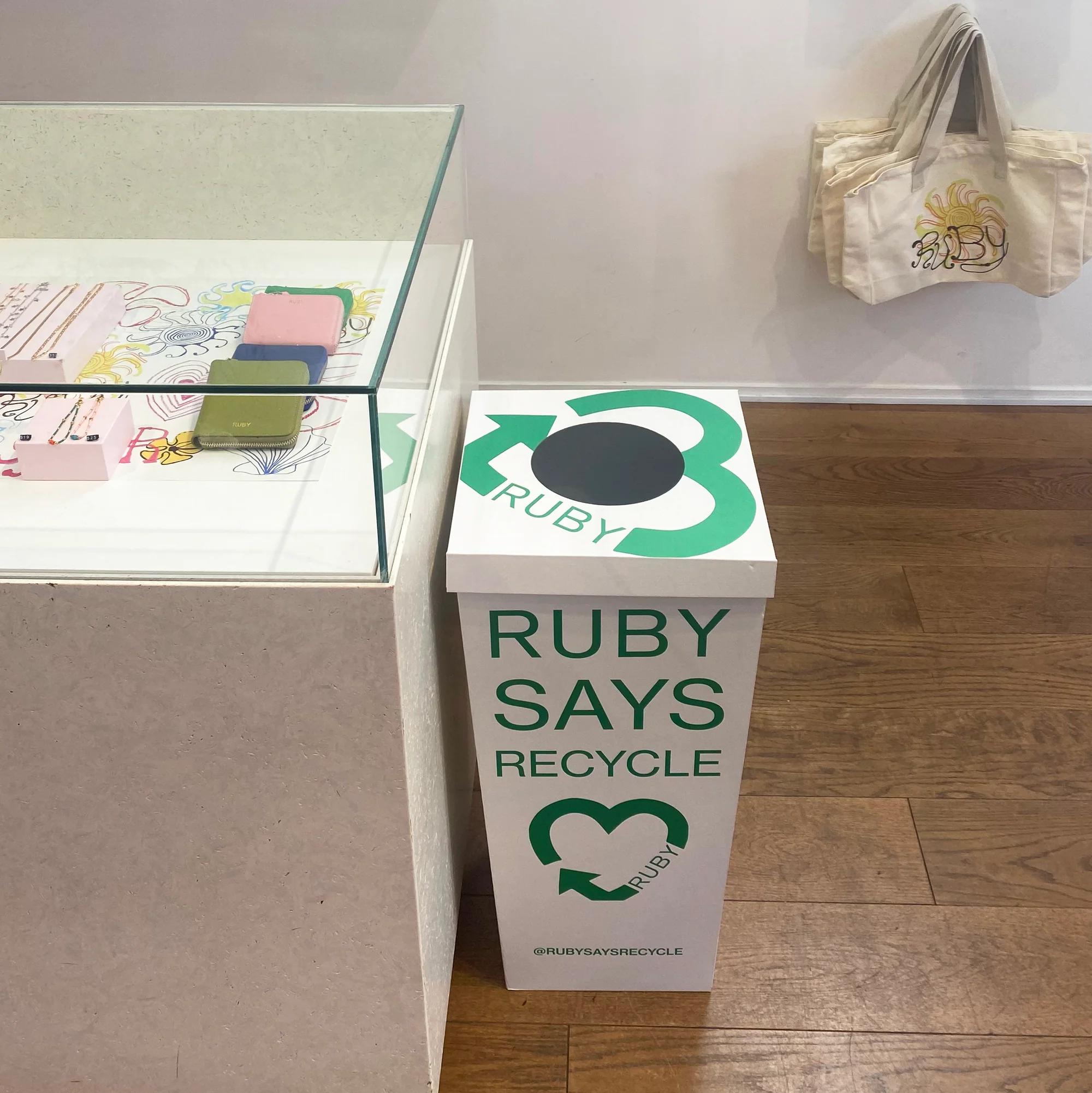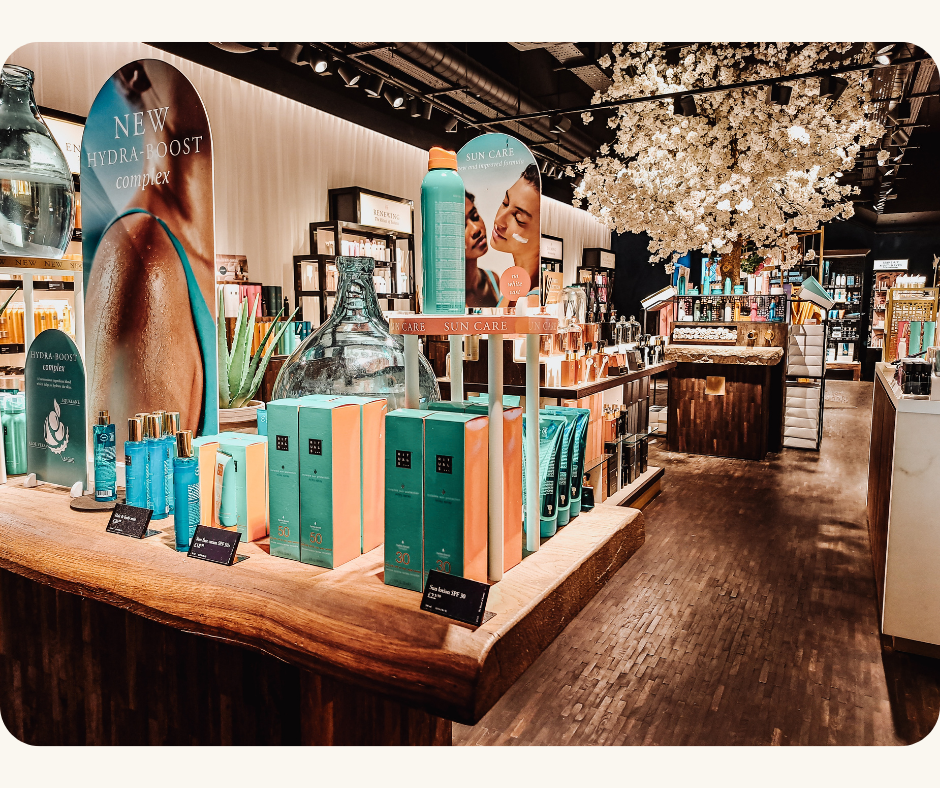Finding success during peak sales season, and why brand is the secret sauce

Black Friday, Blackout Week, Black November, Cyber Monday, Cyber Week or Weekend, Christmas, Boxing Day sales – the list goes on. You’d be hard pressed to find a weekend at the end of the year without a major sales event, as it seems like from the start of November until the end of the year, retailers everywhere are in a discounting frenzy.
Without Thanksgiving to anchor us to a Black Friday and Cyber Monday long weekend (BFCM) in the Southern Hemisphere, retailers across Australasia have been getting creative with their timing and labeling of this pre-Christmas sales period since it arrived on our shores in about 2016. Singles Day on 11.11 has now gained momentum on the promo calendar in countries outside of Asia, too, as retailers embrace ever-more creative strategies to captivate consumers and wallets.
Sign up to Shorts
For fortnightly brand insights, stories and goodness that'll help you win (we promise).
Many brands in the midst of this peak sales season are also being savvy with how to maintain, or even build, brand equity by delivering value outside of discounting the price tag. Ecommerce brands especially are succeeding in building brand, equity and long term customer value, all whilst staying competitive during a very crowded and busy time of year in retail.

Building and delivering value encompasses how consumers think about the brand and the wider experience of shopping, rather than engaging in a simple race to the bottom with revenue-gouging discounts. According to Style Arcade, opens in new tab, every 1% of discounting reduces the bottom line by 6%. Clever markdown logic combined with the measurement capabilities of ecommerce – think conversion funnel analytics, online conversion tactics, targeted email marketing, precise social media targeting (the list goes on) – enables a growing suite of levers for brands to pull in order to deliver a valued experience throughout.
Increasing value doesn’t always mean slashing prices. Value envelopes the entire shopper experience, from the online searches, social media channels, customer service, payment options, delivery and the unboxing experience, and then of course using the product and extra customer service needs. All of these touchpoints (and more) need to be considered by brands to enhance the overall customer experience to ensure joy, ease of use, and customer loyalty are optimized.
Australian born tanning and skincare brand and Tracksuit customer Bondi Sands, opens in new tab make shopping their range as easy and seamless as possible, either when treating yourself with the skin-matched Technocolour Sapphire Set, opens in new tab, or a lucky loved one with the Brightening Besties Gift Set, opens in new tab. By bundling complementary products together, Bondi Sands have reduced decisions and clicks that customers need to make, as well as reducing gift-buying headaches for the Holidays.

Tactics such as this are paying off – individual brands saw about double the rate of growth, opens in new tab for BFCM week this year at 8%, when compared to multi-brand retailers. This indicates that direct to consumer brands are upping the game to meet demand and gain share of wallet against larger retailers.
There’s also a number of success stories from brands who’ve taken their own unique approach to peak sales season. When steep discounts and promoting mass-consumerism go against their brand values, businesses are ensuring they don’t miss out on their share of consumer dollars, while staying true to their brand.
The fashion brand RUBY, opens in new tab is big on community building, social responsibility and sustainability, rather than fast fashion. This peak sales season they pulled off an incredibly unique and smart event called TAKE B_ACK FRIDAY, allowing past customers to bring in their pieces to be resold via existing initiative Ruby Says Recycle, as well as an in-store takeover to shop the second hand merch on Black Friday.

“Think about how cool it is to rummage through your best friend’s wardrobe. This is our vision for TAKE B_ACK FRIDAY with RUBY Says Recycle, except your BFF is actually every single other Rubette”. Sellers were rewarded by receiving a percentage of the sold-for price of their item, and shoppers got a completely unique wardrobe which spanned the Ruby-verse to shop from.Emily Miller-Sharma, RUBY General Manager, explains how they seek to drive change in fashion:
"Our goal at RUBY is to have a mutually beneficial relationship with our customers... We are careful to ask for something only when we think Rubettes will benefit from it. More broadly, the concept of circularity is simple, but the ways to get there are vast and complex, and they require experimentation. It is imperative that we all... are fully engaged with forming meaningful solutions together. It can feel scary when you’re in the business of 'the customer always being right', but it is necessary.”
This did indeed prove to be the case, with 2,640 pieces dropped off by over 700 customers, opens in new tab
Giving Tuesday (the Tuesday after Thanksgiving) has gained huge worldwide momentum for supporting charitable causes. It began in 2012 and aims to promote giving back to the community and those in need through various efforts such as charitable donations, offering assistance and time to nonprofits, and more. Brands like, opens in new tab Patagonia, Away Luggage and Steve Madden support causes such as these, showcasing to consumers that their values are aligned, and motivations in business go deeper than the bottom line.
In meeting consumers where they are – both with values as well as shopping locale in a digital sense – ecommerce enables brands to engage in a much more personalized way than mass-marketing typically has, especially in a noisy period such as peak sales season. There’s a multitude of ways in which brands can personalize the shopping experience for customers, and during this time tactics should be laser-focussed on reducing friction – using AI-enhanced customer service, and helping customers to find exactly what they need – even if the customer doesn’t know it themselves yet.

By using personalized messages and hyper-targeting promotions, brands are able to better target messaging to drive more mindful shopping that answers specific customer needs, backed by data. The connected ecommerce tech stack means brands can make tailored product recommendations based on a customers’ preferences, previous purchase history, customer account data and loyalty info.
Peak sales season is a time of super competitive ad bidding, shouty offers in social feeds, and a bombardment of email campaigns hitting inboxes. Brands who think about delivering value to customers beyond hefty discounts are primed not only to hit sales targets, but also to connect with customers on a level which inspires greater brand loyalty beyond the silly season.
The peak sales season is more than a time for discounts – it's an opportunity for brands to stand out from the noise by showcasing their values, offering genuine value, and connecting personally with their customers. By focusing on these aspects, brands can maintain their integrity, build lasting relationships with consumers, and enjoy sustainable success.



